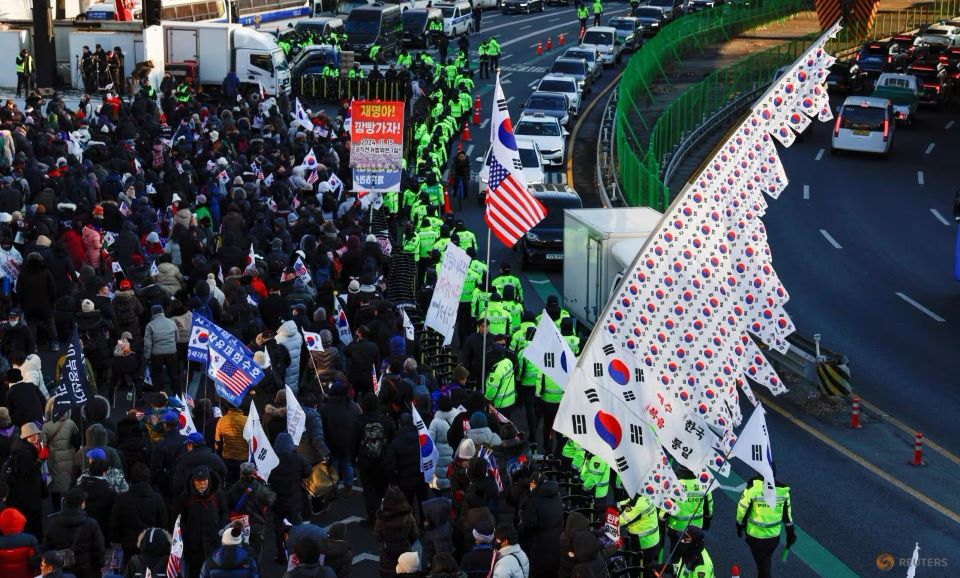As I parked my car in the basement car park, I had no idea about the challenges ahead that morning.
Climbing the narrow series of escalators that threaded their way through the converted shophouse, I reached the office on the third floor. I walked over to my manager’s room, shaded by wooden shutters overlooking the busy street in Chinatown below.
I was surprised by his absence.
We had an important business meeting later that morning, and we depended on him to lead it. The economic downturn was depressing sales, and the meeting was an important opportunity we could not forgo.
We repeatedly tried to reach him but without success. The taste of silent panic was acrid and growing. It was time to breathe slowly and focus.
We had most of the materials we needed for the meeting and sixty minutes before our visitors arrived. We gathered a small team and set to work. I don’t think I have seen a commercial presentation come together so quickly before or since.
We finished the materials five minutes ahead, and the meeting started on time. Our visitors were completely unaware of the panic that ensued ahead of their arrival. The meeting progressed well, and we secured the critical partnership that we had been seeking.
Also Read: 6 leadership lessons I learned after we raised our seed round
We subsequently learned that my manager had been unwell and later moved to a new company. This presented an important choice: should I follow him to the new company and continue our partnership, or should I pitch for his now vacant role? I was young and ambitious, and the opportunity of a leadership role was too alluring.
I decided to take on the challenge. I worked every hour available and secured promotion the following year. I soon moved on to a new role and several more after that. In each new role, I would study the objectives obsessively and engineer a plan to achieve them. I became a finely polished cog enmeshed in a corporate machine.
However, the more I focused on corporate objectives, the more frustrated and unfulfilled I became. Through many restructurings and rationalisations, I came to realise how ephemeral corporate objectives could be: these investments could evaporate overnight.
Moreover, the people around me became disengaged, and I developed a reputation for being difficult to work with. I knew that I needed to follow a different path.
The wake-up call
One afternoon a text message from a former colleague popped up on my phone: “When you have a minute, can you call me?”
The company had announced plans to divest three-quarters of its business in the region. As major job cuts were imminent, I was concerned for his welfare.
I had several hours of meetings before I could make the call. I was apprehensive but looking forward to catching up. Six months earlier, he had come to me for guidance. I helped him rewrite his CV and review his career plans.
His joyful tone was unmistakable. He had just secured a promotion in a new and growing team unaffected by the cuts and wanted to thank me. I could not have been more pleased both by the news and his enthusiasm to reconnect so many months after I had left. I walked around the office with a broad smile and a light step that afternoon and for several days thereafter. Despite the dark clouds outside, it felt bright and warm inside.
Also Read: 5 lessons from building a global tech platform in Malaysia
Moreover, I realised that the call had a deeper significance for me. It grounded a growing realisation that investments in people were more meaningful and valuable.
People first, please
I realised that my misplaced focus on organisation over people was a hindrance to my own growth and, more importantly, to those people around me. This focus was fracturing relationships, decreasing the quality of the working environment, and ultimately reducing the productivity of the team.
It became evident that when an organisation described their people as “human resources” either by intention or by implication, they were equating people with corporate commodities such as money, oil, steel and concrete. By using this term, they were diminishing the fundamental miracle of each and every person.
I learned that only by putting people first could I achieve personal fulfilment, create a productive working environment and ultimately optimise the shared value of the organisation. I learned that organisations are resources to achieve human objectives.
I leave you with a simple question:
Are you a human resource? If not, what are you doing to help yourself, your colleagues, and your organisation find a better path?
–
Editor’s note: e27 aims to foster thought leadership by publishing views from the community. Share your opinion by submitting an article, video, podcast, or infographic
Join our e27 Telegram group, FB community, or like the e27 Facebook page
Image credit: Canva Pro
The post Are you a human resource? appeared first on e27.














.jpg&h=630&w=1200&q=100&v=5f99a4b43f&c=1)






Discussion about this post